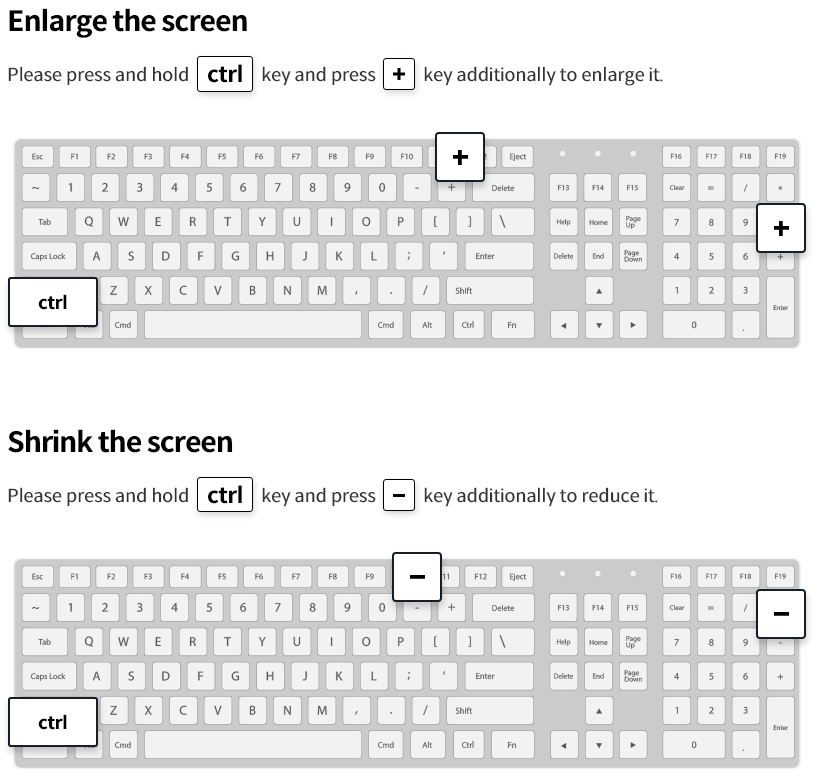□ The Export-Import Bank of Korea (www.koreaexim.go.kr, Chairman Lee Duk-Hoon, "Korea Eximbank") announced on March 3 that the Bank will provide a USD 115 million EDCF* loan to fund the Modernization of Railway Signaling System on Nagh Hamady and Luxor Corridor Project in Egypt
* The Economic Development Cooperation Fund (EDCF) was established by the Korean government in 1987 to promote economic exchanges with the developing world and to assist developing countries in achieving industrialization and economic stability through the provision of long-term, low-interest credit. Korea Eximbank currently manages the fund as its trustee. A total of KRW 13,489.7 billion in EDCF loans (commitment basis) has been provided to 351 projects of 53 countries as of the end of January this year.
□ Korea Eximbank Chairman Lee Duk-Hoon met with the Minister of International Cooperation Sahar Nasr of Egypt and signed the loan agreement in the Korean Presidential Blue House.
○ The agreement was singed in the presence of President Park Geun-hye and President Abdel Fattah El Sisi of Egypt, who was on his state visit to Seoul.
□ ‘Modernization of Railway Signaling System Project’ is part of the 'Egypt National Railway Restructuring Project(ENRRP)' which has been pushed by the Egyptian government since 2008. Its aim is to innovate the signaling systems of railways in Egypt which underpin the national economy especially in sectors such as tourism and distribution.
○ Egypt is in an urgent situation to improve the safety of its railroad system, as indicated by frequent rail accidents recorded so far including the recent accident in February which injured dozens of people.
○ The section, running along the Nile River from Cairo to Luxor and Aswan, part of which is the scope of the Modernization of Railway Signaling System Project, is an important traffic hub where a great number of long-distance passengers including tourists pass through.
□ The EDCF loan amounting to USD 115 million will be provided for constructing stable railroad signaling systems and procuring Electronic Interlocking System and Automatic Train Protection System for the 118km-long section extending from Nagh Hamady to Luxor.
○ Meanwhile, the World Bank (USD 337 million) and the EBRD (EUR 126 million) are expected to provide co-financing to the project as well.
□ Upon completion of the project, it is anticipated that railway traffic volume will increase while railway accidents will decrease, which will greatly contribute to enhancing the living environment of the residents in the area as well as developing the local economy and expanding the foreign trade of Egypt.
□ Since Korean companies' technologies and operating know-how are to be exported through this project, it is expected that the project will pave the way for many Korean companies to make entry into the African market.
□ Korea Eximbank Chairman Lee Duk-Hoon commented at the signing ceremony, "The project is expected to bring about huge improvements in the stabilization of railroad system and invigoration of the tourist industry as well as economic development in Egypt." He added, “Taking the opportunity of the first EDCF support to Egypt, we hope to bring a mutual understanding and amicable relation, and strengthen the cooperative relationship between the two countries."
□ On the same day, Korea Eximbank also signed an MOU with the Ministry of International Cooperation for financial cooperation worth USD 3 billion to strengthen the bilateral cooperation in large-scale infrastructure projects in Egypt.
○ In the MOU, the two parties agreed on Korea Eximbank's financial support to Egypt up to USD 3 billion, consisting of USD 700 million in EDCF loan and USD 2,300 million in export credit, mainly focusing on priority projects in the transportation and energy sectors such as the Cairo Metro and Photovoltaic power plant projects.
○ A Korea Eximbank official remarked, "By providing comprehensive financial package of EDCF loan and export credit, we will contribute to establishing the foundation for Korean companies to advance into the Egyptian market."


